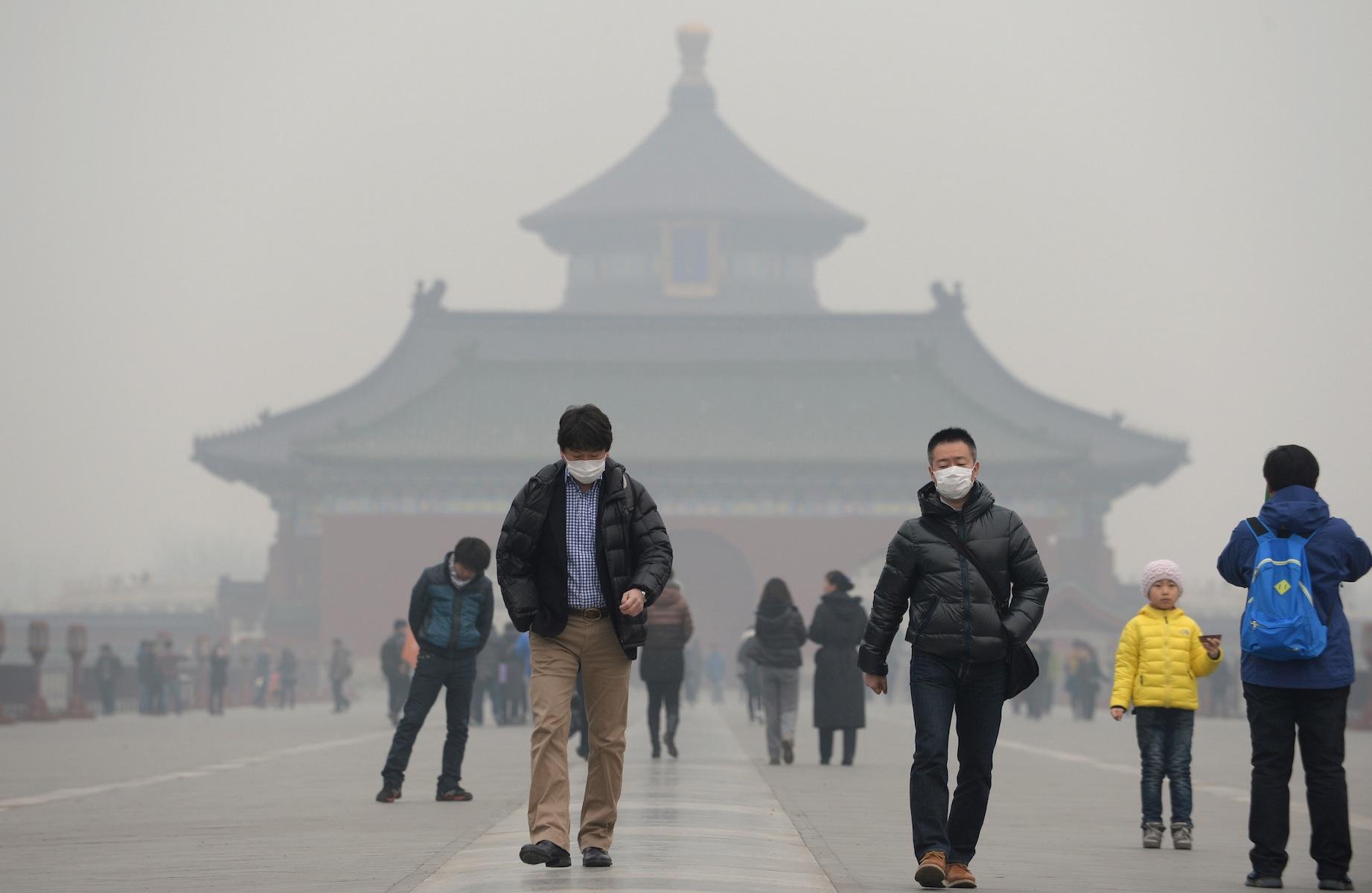BEIJING, Jan. 7 (Xinhua) -- China's environment minister said he "felt guilty" and "wanted to reproach himself" as widespread air pollution has harassed people's lives, an official statement said Saturday.
Chen Jining, minister of environmental protection, made the remarks when holding a press conference late on Friday in Beijing, introducing China's efforts on air pollution prevention.
Since the beginning of last winter, heavy air pollution has happened repeatedly in many places in China, covering large area and lasting long, which disrupted production activities and harassed people's everyday lives, Chen said.
The public felt anxious about the smog problem, he said.
Detailed analysis showed emissions from automobiles have became the primary source of urban atmospheric fine particles in major cities, accounting for 31.3 percent in Beijing, 29.2 percent in Shanghai and 28 percent in Hangzhou, according to the environment minister.
Fine particles are defined by the U.S. Environmental Protection Agency as compounds that have a diameter of less than or equal to 2.5 micrometers. Substances that may form these particles come from power plants, industrial facilities, agricultural practices, motor vehicles, among others.
Chen said the ministry was evaluating 20 cities' emergency plans in dealing with heavy air pollution, hoping to improve their response ability.
The cities include Beijing, Tianjin and 18 other cities in Hebei and surrounding provinces.
Inspections had found some cities failing to take effective measures following alerts, or their measures were impracticable, Chen said.
The ministry will enhance supervision on whether local governments have practiced its precautions, according to the minister.
Chen vowed to take concrete steps and employ more stringent and effective measures to deal with outstanding environmental problems and improve environment quality.
China has been cleaning its environment and will continue to improve the response of local governments to pollution, Chen said.
China has made improvements in environment despite strong headwinds, such as an economic structure burdened by heavy industry, an energy mix reliant on fossil fuels, and environmentally unfriendly lifestyles, according to Chen.
China's national observatory on Tuesday issued a red alert for fog in a number of northern and eastern regions, the first ever national red alert for fog. Meanwhile, north China has been under high-level smog alerts since late December.
The Beijing-Tianjin-Hebei region and neighboring provinces, the area hit hardest by smog, are major coal consumers and are home to a large share of China's steel, coke and cement production facilities as well as automobiles, according to Chen.
"The root cause of the region's smog problems, from a long-term perspective, is the unclean industrial and energy mix, which require big changes," Chen said.
He said that monitoring results in the Beijing-Tianjin-Hebei region show that the government's efforts have paid off in the past few years as the average concentration of PM 2.5 fell by about 30 percent in 2016 compared with 2013. However, there seems to be little winter air quality improvement.
Unfavorable weather conditions and inefficient winter heating have also contributed to the lingering smog, Chen added.
To address the problems in winter, China will phase out unclean and inefficient coal-fired boilers, encourage off-peak industrial production and enhance scrutiny and punishment for violations of the rules.




 A single purchase
A single purchase









